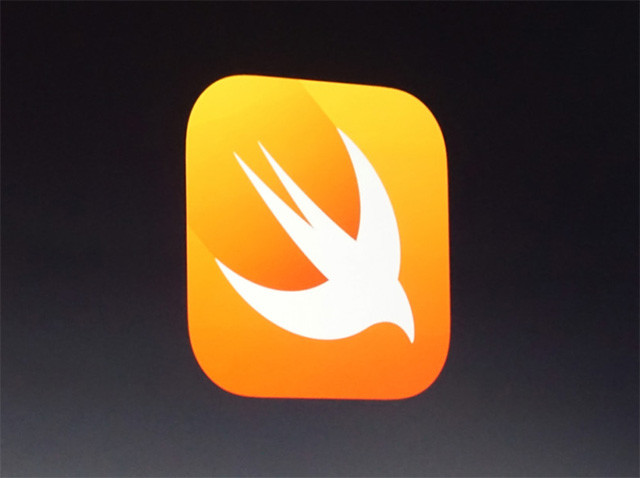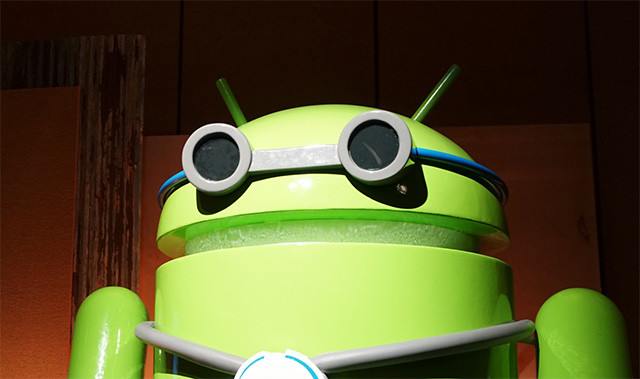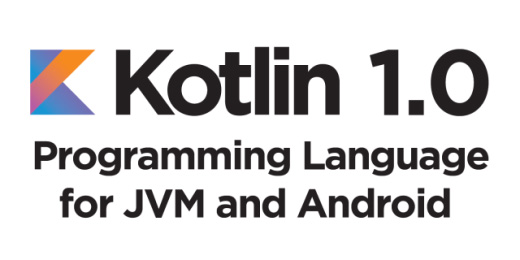Based on materials from thenextweb.com

While Swift was becoming an open language, representatives from the three biggest brands, Google, Facebook and Uber discussed the new language at a meeting in London. Sources told Next Web that Google views Swift as a first class language for Android, while Facebook and Uber also intend to use Swift more extensively in their operations.
The OS Android currently supports Java as a first class language, and according to sources, Swift is not supposed to replace Java, at least not initially. While an ongoing litigation with Oracle provides cause for concern, Google is said to suggest Swift has more growth potential than Java.
Plus, Swift is also an open language, which means Google can tailor it for Android without changing its own open mobile structure.

Will Google do it?
Created Apple as a replacement for Objective C, Swift quickly fell in love with developers as an easy-to-write language, free from the clutter and clumsy parameters of other languages. It was presented at WWDC 2014, received a lot of support from the outside IBM, and a number of big apps like Lyft, Pixelmator and Vimeo got their versions under iOS redesigned to Swift.
However, Swift cannot be easily taken and transferred to another platform. Specifically Android it will take a while to create the Swift runtime – and that's just to start.
Also, Google will have to adapt their entire library of standards for Swift and provide support for this language in the API and SDK. A number of low-level APIs in Android are written in C ++, which Swift cannot currently access. They will need to be rewritten.
Swift also won't be able to access higher level APIs in Java, which will also need to be rewritten.
Using Swift on Android, however, is not impossible. At the end of last year, developer Romain Goyet tried this and had some success. And even though the project was completed before Swift went public, it nonetheless provides proof that this is possible.
The project used the Android NDK which allows other languages to be freely included in Android. With open Swift and support from Google, applications on Android will not need this set of utilities.
As a result, Google will need to effectively reproduce actions from Java – already for Swift. If the company has sufficient motivation, it is quite possible to do this without compromising the principle of openness and without affecting the interests of the developers in passing.

Kotlin
Kotlin, which is just developing its potential, is also being discussed as a first class language for Android, according to sources.
Like Swift, Kotlin is an object-oriented language with an emphasis on security. But unlike Swift, Kotlin works with Android Studio, Google's IDE for developers under Android.
Unfortunately, as the Next Web learned, Google's current stance is that Kotlin is too slow to compile.
However, Kotlin is considered a language that runs 'wherever Java runs' and has 'continuous' support for projects that combine it and Java.
It will take significantly less effort for Google to use Kotlin for Android, but the transition will not be easy for developers.
So when will the switch to Swift happen?
In short, not anytime soon. Because Android.
But Swift is evolving rapidly. A number of studies show that it is the fastest growing programming language, and the transition to open source has exploded. It is already the 11th most popular programming language, according to GitHub, and the demand for Swift programmers is also exploding, signaling all companies to at least learn more about how to use Swift.
Google's transition to Swift will be a very difficult and time-consuming process, as it will force literally every service Android, OS and API applications to be rewritten. Google will also have to spearhead Swift support for Android – which so far has only been pushed and nudged by the most capable developers in the community.
However, Google has already begun to break out of the grip of Oracle's Java language. The company is currently using the Open JDK for Android instead of the proprietary Java API, and is also very likely considering a Java-free existence at all. The talks in London are called preliminary; there is no need to move away from Java at Google yet. At the same time, it will be a large-scale enterprise, Swift implies speed and security, and its development program shows that in the future it will not be a big problem to use it on other platforms, especially when it comes to combining with C ++.
While Kotlin is an alternative, the language is in its infancy and doesn't have the eager community of Swift. Companies Facebook and Uber will face the same daunting challenges if they decide to switch to Swift on their own, but they can and will have to wait for Google, which will lend them its shoulder when switching the OS Android. If Swift becomes widespread and widespread, OS support Android will become built-in.
Switching to Swift for any of these companies makes little sense without a total overhaul of everything, but it may not be as bad as it sounds. Services like Perfect show that from the service side Swift is completely ready, and this may have been taken into account by the engineers Facebook who may already be working on this solution.
The company IBM is also working to make Swift ready for server side functionality.
But don't expect Google, Facebook or Uber to announce any plans to use Swift anytime soon. Facebook and Google will be hosting developer conferences soon, but there is no evidence that any of them will have significant attention to Swift. The Next Web was unable to get official comments from press services, although Google especially noted that the litigation with Oracle is the reason why they would not want to express their opinion on the matter. Understand what you want.
